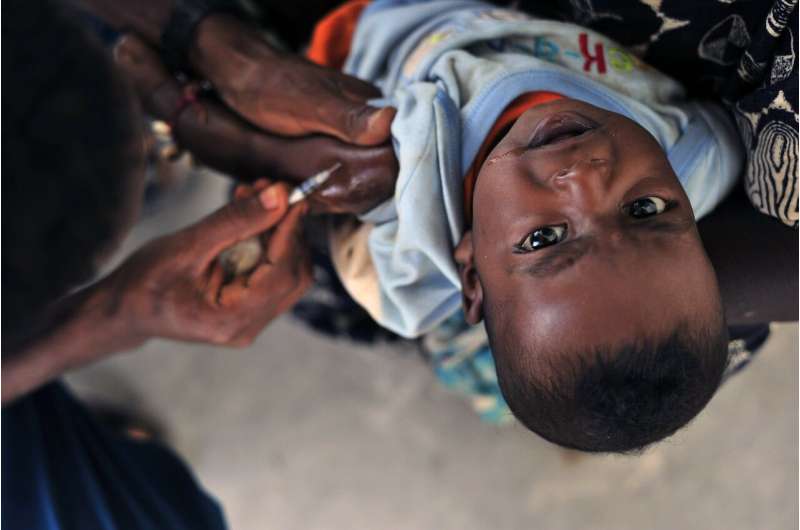This article has been reviewed according to Science X's editorial process and policies. Editors have highlighted the following attributes while ensuring the content's credibility:
fact-checked
peer-reviewed publication
trusted source
proofread
Primary health coverage found to have prevented more than 300,000 child deaths in four Latin American countries

The implementation of primary health care (PHC) over the last two decades has prevented more than 300,000 child deaths in four Latin American countries, and could prevent more than 140,000 by 2030 in a scenario of economic crisis. This is the main conclusion of a study coordinated by the Barcelona Institute for Global Health (ISGlobal) and published in The Lancet Global Health.
The 2018 Astana Declaration highlighted the critical role of PHC in ensuring that everyone enjoys the highest possible standard of health, and in achieving universal health coverage. The Declaration also stressed the urgent need to assess the effectiveness of PHC strategies in low and middle-income countries (LMICs), in order to make them more effective and sustainable.
A multi-country assessment
"Ours is the first comprehensive attempt to assess the impact of PHC as a macro-strategy in four countries representing the majority of the population (62%) in Latin America," says ISGlobal researcher Davide Rasella, who leads the Health Impact Assessment group. He and his team conducted a retrospective impact evaluation in Brazil, Colombia, Ecuador, and Mexico from 2000 to 2019, using data on PHC coverage and mortality between birth and five years of age. They also used forecasting models up to 2030 under different economic scenarios.
The analysis shows that high PHC coverage was associated with significant reductions in mortality among newborns (of almost 30%), and children under five. The PHC effects were particularly strong for poverty-related conditions (such as anemia and malnutrition) and vaccine-preventable diseases. The models predict that in a scenario of moderate economic crisis, 142,285 child deaths could be avoided by 2030 in the four countries by increasing PHC coverage.
Latin American countries are among those that have suffered the most from the socioeconomic consequences of the COVID-19 pandemic and may be forced to implement fiscal austerity measures.
"However, our findings show that expanding PHC to protect the growing number of vulnerable populations is an effective strategy to mitigate the health impact of the current economic crisis and to achieve the Sustainable Development Goals related to child health," says Ana Moncayo, first author of the study and researcher at the Center for Research on Health In Latin America (CISeAL).
The authors also stress the importance of having sufficient and high-quality administrative data, (demographic, socioeconomic, and health-related information) to enable robust studies that can guide decision-making.
More information: Moncayo AL, Can Primary Health Care mitigate the effects of economic crises on child health? An integrated multi-country evaluation and forecasting analysis in Latin America., The Lancet Global Health (2024). DOI: 10.1016/S2214-109X(24)00094-9




















